The EU’s response to the outbreak of war in Ukraine has been commendable. The power of unity in the face of a crisis has shone through in the ability of EU leaders to rapidly adopt and implement new policies that not only protect member states but also recognise the responsibility of the EU in defending the international rule of law and supporting more vulnerable regions of the world.
To date, this has taken the form of sanctions aimed at cutting off funding to the Russian war machine, alongside billions of euros in military support to assist Ukraine in its defence and in supporting its refugees.
But perhaps some of the most unpalatable decisions have yet to be taken. As Europe agonises over reducing Russian oil imports, EU leaders must now extend their focus to protecting global food security. The Russian invasion is no longer just a threat to food security – it is now an active crisis unfolding in front of our eyes.
The strategic blockading of critical Ukrainian ports on the Black Sea has seen Russia effectively turn wheat and food security into a weapon of war. The 44 million people that the United Nations World Food Programme warn would fall into starvation if Ukrainian wheat exports fail to access international markets are now Putin’s pawns.
Last Saturday, we saw India, the world’s second largest wheat producer, move to protect its domestic market by banning wheat exports. Fears are mounting that if alternative routes are not found to allow Ukrainian grains access international markets, other major food exporting regions will follow suit – despite the plea made by the G7 agriculture ministers earlier in the year.
The shock move by India coincided with a meeting of G7 foreign ministers who, at the weekend, committed to accelerating a co-ordinated and multilateral response to preserve global food security and stand by the most unstable regions of the world.
EU role
The EU will play a crucial role if the world’s richest nations are to deliver on this. But if it is to do so, an immediate change in agricultural policy will be required alongside a commitment to ensure gas supplies are prioritised for food processing and fertiliser manufacturing.
But so far, the response from the European Commission to protecting global food security has been to navel-gaze. Just two weeks ago, European Commission vice-president Frans Timmermans branded as “irresponsible” and “dishonest” those raising fears of food shortages – his bizarre defence being that there was no shortage of food in the EU.
Shifting sands
Clearly the commitment of the G7 to stand by the most vulnerable regions of the world further isolates Commissioner Timmermans and those with similar thinking within the Commission as the sands from under his Farm to Fork strategy continue to shift – a strategy shown to reduce EU production and increase member states’ reliance on imports.
EU leaders must now recognise that, in the same way the EU had an immediate responsibility to support Ukraine in the face of Russia’s invasion, it now has a responsibility to protect food-insecure regions of the world from becoming pawns in this war. Allowing Putin use wheat as a weapon of war to destabilise these regions risks both mass starvation and migration.
In recognising this should come an acceptance among EU leaders of the need to revise EU agricultural policy in the same way it has its failed energy policy – an energy policy which gave Russia control over the price and availability of EU food production by allowing it control energy prices and, as a consequence, the price and availability of chemical nitrogen.
Addressing climate change, environmental challenges and biodiversity loss is essential, as is ensuring that global citizens have adequate food. It is time to face the unpalatable reality that both these priorities need adequate but separate funding. Ensuring continued food production in the EU demands a reversal of the current CAP reform which is on course to dramatically reduce output. With tillage farmers set to face some of the most severe cuts in income supports, it is inconceivable that current production levels could be maintained.
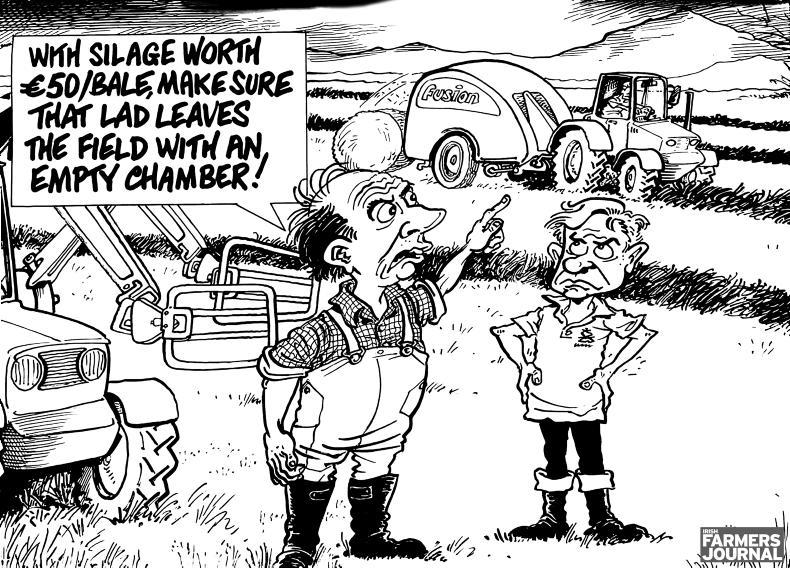
A new environmental budget should be established outside of the CAP to reward farmers for delivering environmental dividends. Such a move would allow the CAP budget to re-focus on what it has done so successfully over the past 60 years – support EU farmers in optimising the production of high-quality and safe food at affordable prices.
In response to the COVID-19 pandemic and the war in Ukraine, we have seen the Commission and member states deploy billions of euros to minimise the loss of human life and protect economies. A collapse in the global food supply chain poses an equal, if not greater, threat to human life and our economies. It therefore requires a policy and financial response of similar scale.




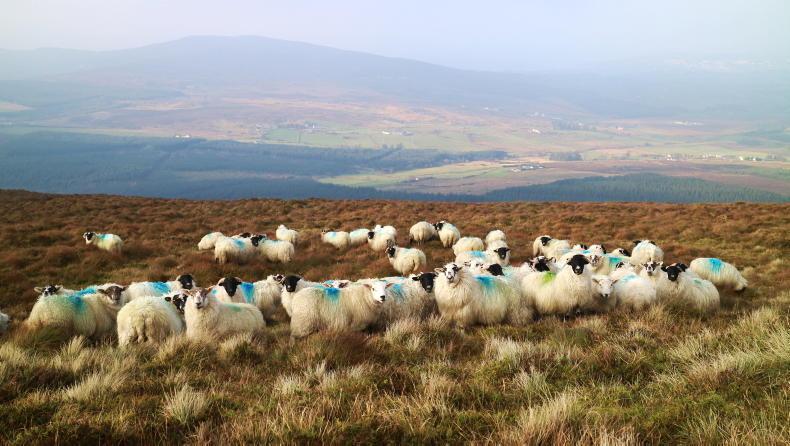

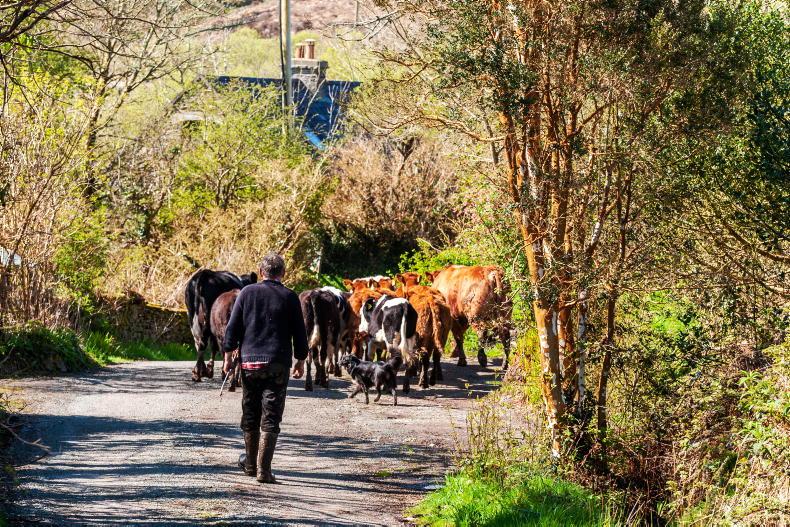
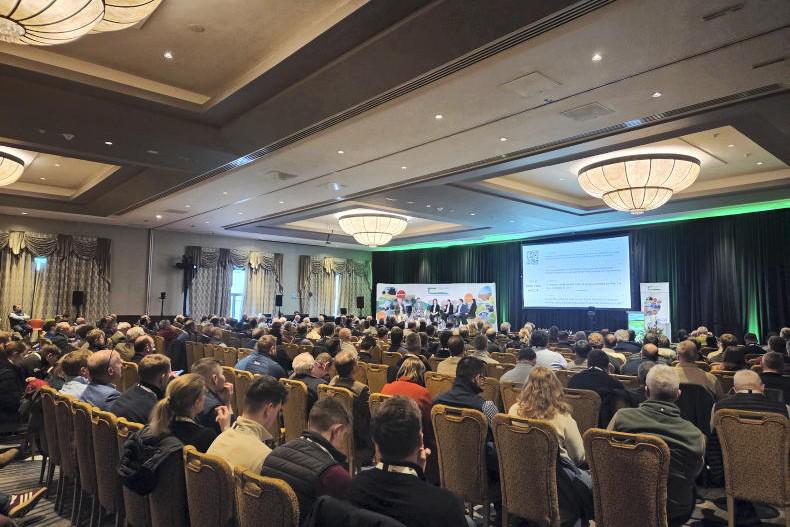
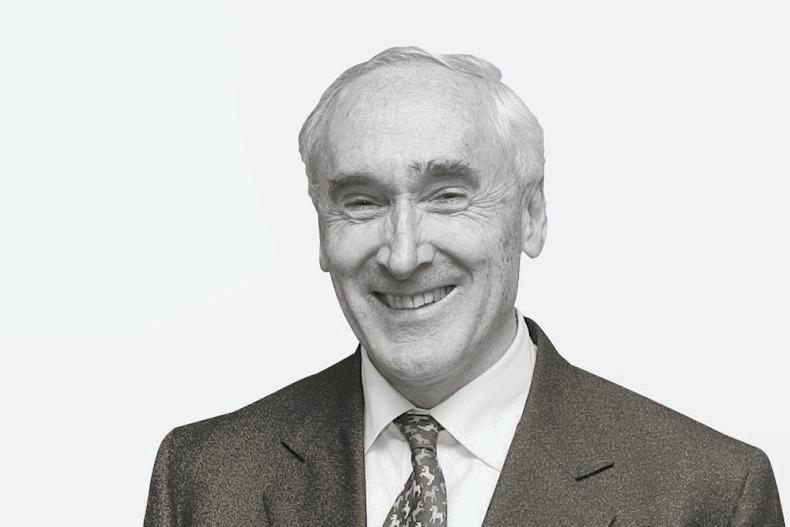
SHARING OPTIONS